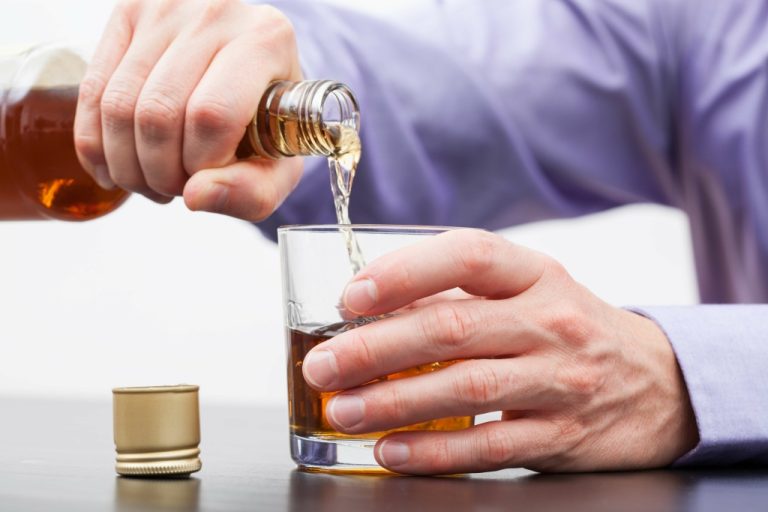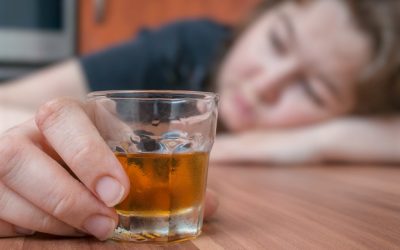Such a program might be of clear benefit in the prevention and treatment of drug abuse—yet another illustration of how basic research not aimed directly at translation can provide important insights eventually leading to effective practical action. It is important to recognize that recovery is a lifelong process and that individuals with addiction may require ongoing support and treatment. By providing individuals with the tools and resources they need to manage their condition, we can greatly improve their chances of long-term recovery. Many rock stars helped fund Dr. Dave’s clinic, but some famous names include Jerry Garcia of the Grateful Dead, Janis Joplin, Jimi Hendrix, and George Harrison of the Beatles. The “Rock” doctors also helped rockers who overdosed or experienced drug abuse and dependence. Providing no-cost health care in a “Health Care Is a Right” setting was not the clinic’s only key underlying principle in 1967—or now.
Disease Model of Addiction
However, recent studies have unearthed evidence contradicting the traditional understanding. Today, the nature of addiction is a hot debate among drug addiction specialists and the general public. One of the dangerous aspects of denying addiction as https://www.azerilove.net/articles/245/1/love-sayings-ana-quotes a disease is the continued stigma that this attitude brings upon those who are suffering. People who are not able to “will” their way out of their addiction are often blamed and shamed for their disorder, causing them to feel worthless or broken.
The Effectiveness of Substance Abuse Treatment

If not from the brain, from where do the healthy and unhealthy choices people make originate? To resolve this question, it is critical to understand that the ability to choose advantageously is not an all-or-nothing phenomenon, but rather is about probabilities and their shifts, multiple faculties within human cognition, and their interaction. Yes, it is clear that most people whom we would consider to suffer from https://ladykiss.ru/tatoo/belye-tatu-texnika-naneseniya-belyx-tatuirovok-foto-eskizy.html addiction remain able to choose advantageously much, if not most, of the time. However, it is also clear that the probability of them choosing to their own disadvantage, even when more salutary options are available and sometimes at the expense of losing their life, is systematically and quantifiably increased. There is a freedom of choice, yet there is a shift of prevailing choices that nevertheless can kill.
Is Addiction a Disease or a Choice? Debunking Common Misconceptions

Any meaningful discussion of remission rates needs to take this into account, and specify which of these two populations that is being discussed. Figure Figure11 shows the cumulative frequency of remission as a function of the onset of dependence in a nation-wide representative sample of addicts (United States, Lopez-Quintero et al., 2011). The researchers first recruited a sample of more than 42,000 individuals whose demographic characteristics approximated those of the US population for individuals between the ages of 18 and 64 (Grant and Dawson, 2006). The participants were interviewed according to a questionnaire designed to produce an APA diagnosis when warranted. For those who currently or in the past met the criteria for “substance dependence” (the APA’s term for addiction), there were additional questions aimed at documenting the time course of clinically significant levels of drug use. Figure Figure11 summarizes the findings regarding remission and the duration of dependence.
- First, people may appear to remit spontaneously because they actually do, but also because of limited test–retest reliability of the diagnosis [31].
- While initial drug use might be a choice for some, the progression to addiction often involves elements beyond voluntary control, indicating a need for a nuanced approach that combines aspects of both perspectives in treating and understanding addiction.
- When the nature of the addiction and contributing risk factors are understood and addressed in a comprehensive manner, addiction specialists are better able to educate addicts and help them to help themselves.
- The brain changes that occur during addiction can make it extremely difficult for individuals to stop using drugs or alcohol without proper treatment and support.
- While this stigma is still common today, modern addiction can affect any person regardless of their socioeconomic class, ethnicity, and background.
Interpreting these and similar data is complicated by several methodological and conceptual issues. First, people may appear to remit spontaneously because they actually do, but also because of limited test–retest reliability of the diagnosis [31]. This is obviously a diagnosis that, once met, by definition cannot truly remit. Lifetime alcohol dependence was indeed stable in individuals recruited from addiction treatment units, ~90% for women, and 95% for men. In contrast, in a community-based sample similar to that used in the NESARC [27], stability was only ~30% and 65% for women and men, respectively. The most important characteristic that determined diagnostic stability was severity.

They include “hyperbolic discounting,” “melioration,” and the “matching law” (Herrnstein, 1970, 1990; Rachlin and Green, 1972; Ainslie, 1992; Rachlin, 2007). These are quantitative, empirical laws of choice that predict how different species, including humans, choose between different commodities and activities, such as food, https://newshead.ru/rossiyane-priznalis-chto-lechat-koronavirus-opasnymi-metodami/ water, and exercise. Their relevance to addiction and other self-defeating behaviors is that under some conditions they predict relatively stable yet suboptimal patterns of behavior. For example, Heyman and Herrnstein (1986) arranged an experiment in which the matching predicted the lowest possible rate of reinforcement.
The treatment of drug effects, at the patient’s request, is well within the domain of medicine, what passes as evidence for the theory that addiction is a disease is merely clinical folklore. Scientifically, the contention that addiction is a disease is empirically unsupported. What is obvious to common sense has been corroborated by pertinent research for years (Table 1).
A Non-Disease Etiology for Persistent Self-Destructive Drug Use

While it is true that individuals make choices that can lead to addiction, it is important to recognize that addiction is not solely a matter of choice. The brain changes that occur during addiction can make it extremely difficult for individuals to stop using drugs or alcohol without proper treatment and support. It is also important to consider the role of environmental and social factors in addiction, as these can contribute to the development and maintenance of addictive behaviors. Addiction involves an initial “honey moon” period, followed by alternating periods of remission and relapse, and then an eventual return to a more sober life. Most addicts quit using drugs at clinically significant levels, they typically quit without professional help, and in the case of illicit drugs, they typically quit before the age of 30. The correlates of quitting include many of the factors that influence voluntary acts, but not, according to Figure Figure1,1, drug exposure once drug use meets the criteria for dependence.
 فروشگاه لوازم و آموزش تعمیرات موبایل و کامپیوتر | فروشگاه poweric فروشنده تجهیزات تعمیرات تعمیرات موبایل
فروشگاه لوازم و آموزش تعمیرات موبایل و کامپیوتر | فروشگاه poweric فروشنده تجهیزات تعمیرات تعمیرات موبایل

